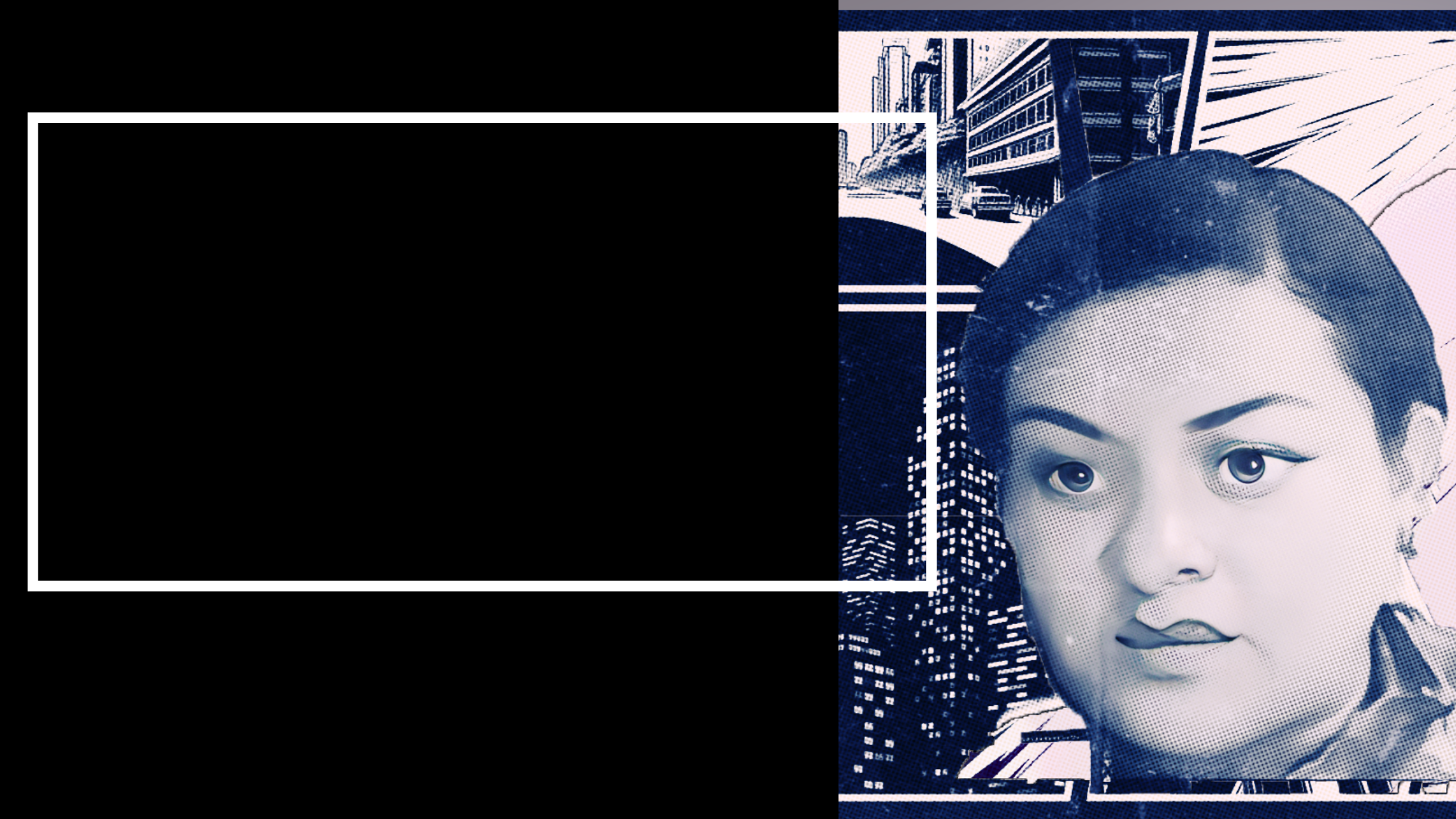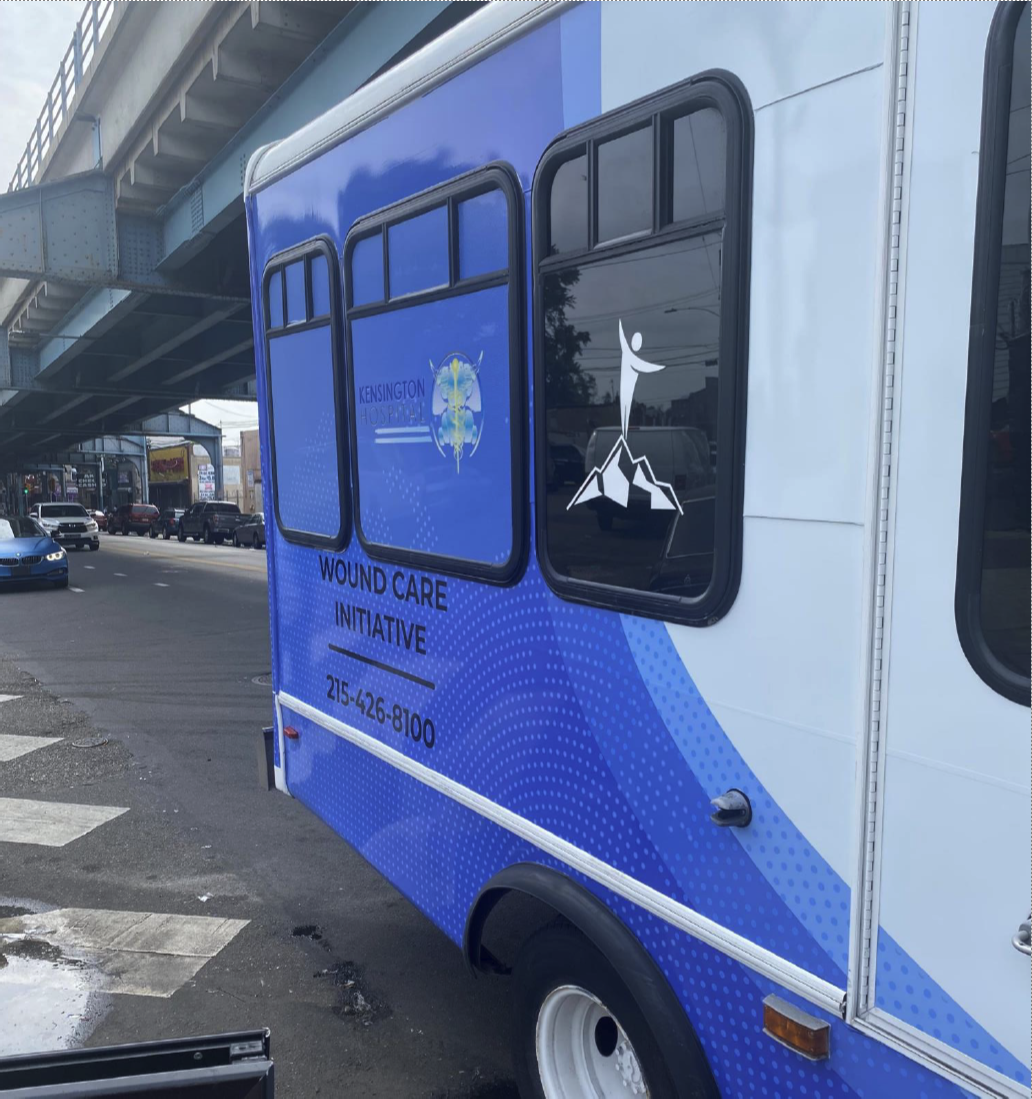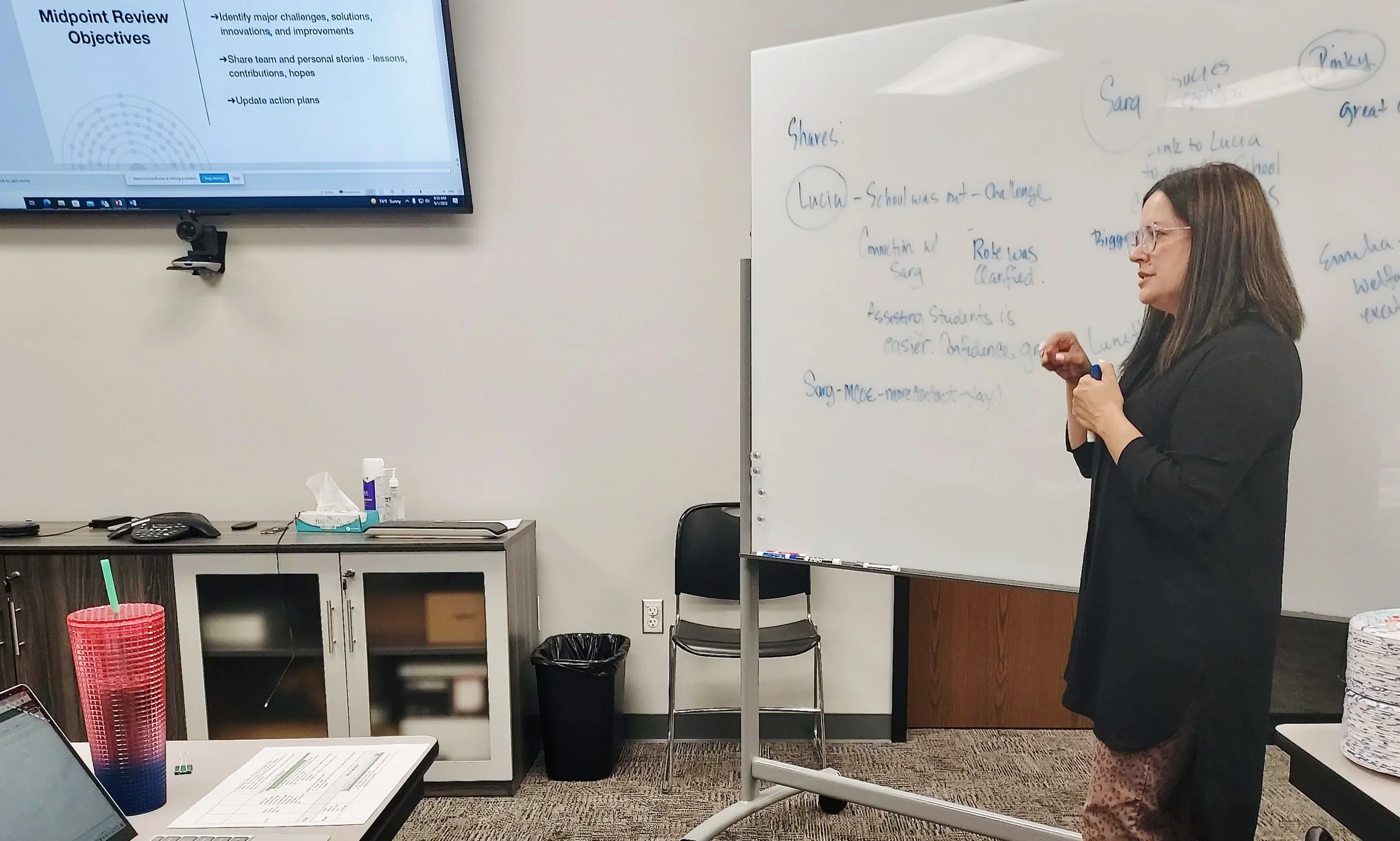EQUITY: TWO YEARS OF LEARNING AND UNLEARNING
Two years ago, our organizational leadership sent out a rallying cry against the endemic racism that the murder of George Floyd once again exposed in the United States. We committed to deepening our understanding of equity, what it means, how it shows up, and how we can weave it into who we are and the impact we achieve. We created what we call our Equity Working Group, made up of 6 or 7 colleagues, with rotating membership so everyone gets involved. This group is tasked with holding up a mirror to the organization and reflecting back at us how we were doing as an organization, both internally and in our external work. The Equity Working Group also acts as our guide and facilitator in the setting of tangible organizational equity goals and supports us in the pursuit of them.
Since the summer of 2020, this group, and the organization as a whole, have been navigating through the often challenging, illuminating and essential path to figure out how we live up to our commitment to make equity a foundational part of who we are and what we do. We have often done this through our Friday Coffee and Chat sessions, compulsory for all team members, where a mix of guest speakers and internal reflections have helped us dig into the complexities of equity from multiple perspectives. We have also done it through our Monitoring, Evaluation and Learning efforts, our HR practices, communications and more.
We are on a journey of learning and unlearning, and we wanted to share some of that journey with our allies, partners and supporters. We will be the first to own that this is a journey without a reachable destination, and we humbly acknowledge how far we still have to go but share these lessons in the hope that they will be helpful to others on their own equity journeys.
LESSON 1: Equity means something different in every community, system, and country
As an organization that works in multiple countries and in sectors as varied as housing and homelessness, criminal justice, healthcare, anti-corruption, and more, we quickly realized just how different equity looks and how different its meaning is, in different contexts.
It is deeply enriching to have your perspective on equity challenged and widened by learning how other cultures view and experience it.
Colleagues in Mexico showed us that the issue that is culturally and politically most front and center is gender equity - although of course race and racism intersect significantly with gender and affect every aspect of Mexican life.
Colleagues in the United States showed us the sheer complexity of racial justice in the US as we dug into white supremacy culture and how we all participate in it.
Having to try and explain our own cultures and experiences of equity, or lack of it, to colleagues from different cultures has made us look at our countries and communities with a fresh analytical gaze and reflect more deeply on what equity means to each of us.
As we start work in new cultures, communities and systems, we will enter with curious minds, seeking to unpick the conversations and complexities of equity so as to make sure our work supports equitable change.
LESSON 2: Equity is such a vast issue, that it’s often challenging to narrow the focus and make progress
Our Coffee and Chats gave us the opportunity to have external speakers and internal reflections on topics as varied as cultural appropriation, the role of the US in Afghanistan, white supremacy culture, race and its representation in the media, the history of Native American oppression in California and the United States at large, intersectional identities, the figure of the model migrant, femicides in Mexico and their relationship to the North American Free Trade Agreement (NAFTA), and many more.
These were often informative, interesting and inspiring. They were also often tough!
Coffee and Chats have been a vital tool in helping us to open up and get comfortable with challenging conversations that were uncomfortable and essential. They help us build the confidence needed to face this topic, expanded our understanding of it and helped us trust each other and our organizational culture.
After a year and a half of Coffee and Chats on numerous important equity topics, we realized that we needed to pause and reflect on the true purpose of hosting these conversations. We refocused on the issues we felt most vital to the work we do - aligning conversations with our organizational equity goals to support us to deepen and widen our understanding of the topics essential to achieve an equity impact internally and in the sectors we work in.
LESSON 3: Data is always a challenge, whether you are in a low, middle, or high-income country
Setting unreasonable but believable goals that unite us in the pursuit of social impact is a core tenet of RE!NSTITUTE’s work, and in order to set and make progress against that goal you usually need a baseline and a way to measure progress along the way. It turns out that this is a pretty difficult thing to do when it comes to equity; no matter what country you are in, the data is often simply not available.
Data is often not available in the sectors we work in, and even more frequently institutional systems don’t request data around equity, making collection and management of equity data very limited. As we seek to make equity a part of every 100-Day Challenge goal, and to understand how to weave equity into our workshops and activities, we have realized that this lack of data is one of the key obstacles to making measurable progress in the work we do such as housing more people of color or supporting indigenous women to receive support from the justice system.
We have found that it is very challenging for different organizations and institutions from across a system to align and coordinate in the collection and management of data. Systems often do not have the levels of trust, the collaboration mechanisms or the strategic clarity needed to build shared data management systems that they can collectively use to improve.
We have found that there is a lot of fear of sharing equity data in systems. Organizations and institutions may fear for their funding, their reputation, or their relationships. We need to make it safe to share that data and offer the support needed to learn as much from it as possible and to make that learning actionable and impactful.
LESSON 4: Training and consultants aren’t enough
Our team in both the United States and Latin America received fantastic trainings on the roots of racism, white supremacy culture, gender inequity and more. These proved an invaluable jumping-off point for this journey and helped us begin to unpick how these show up in ourselves, the organization, and the systems we work with.
We had a team of consultants review our materials and make suggestions as to where we could weave equity in more closely. These helped us dig into all the opportunities we had as an organization to make our practice more equitable.
Despite all this fantastic support, we realized we will never feel like experts, and that all any outside expert could do was guide us. Ultimately it was on us to learn, unlearn and get to work!
Our Equity Working Group has done a magnificent job of stewarding our efforts and we have recognized the many ways in which this needs to be a whole organization commitment and effort. Every staff member must reflect and weave equity into their work, from operations and finance to the implementation of 100-Day Challenges across the world.
LESSON 5: Perfect is the enemy of the good - the most important thing is to begin, learn and apply that learning
Trying to find the “right” way to have conversations about equity with our partners and communities is actually about just starting to have them. Keeping it simple and just adding it in where possible, learning as we go and helping to overcome barriers.
You can still have a conversation about equity with communities you’re working with without perfect data. Qualitative data and storytelling are enough to begin.
We learned that breaking down what can feel like very big challenges into manageable chunks with clear goals can help you get going (a lesson from our 100-Day Challenges too!). In March 2022, at our first retreat in over two years, the whole team came together to prioritize and craft what’s next for our equity efforts. As we pursue these goals, stay tuned by signing up to our newsletter and check in here, as we update you on how we take steps forward, fail, learn and unlearn on the path to greater equity
We would like to say thank you to the organizations, trainers and consultants who have supported us on this journey so far; and are eternally grateful to all current and former staff who put in the emotional and mental labor to continue to prioritize and act on this issue.

















